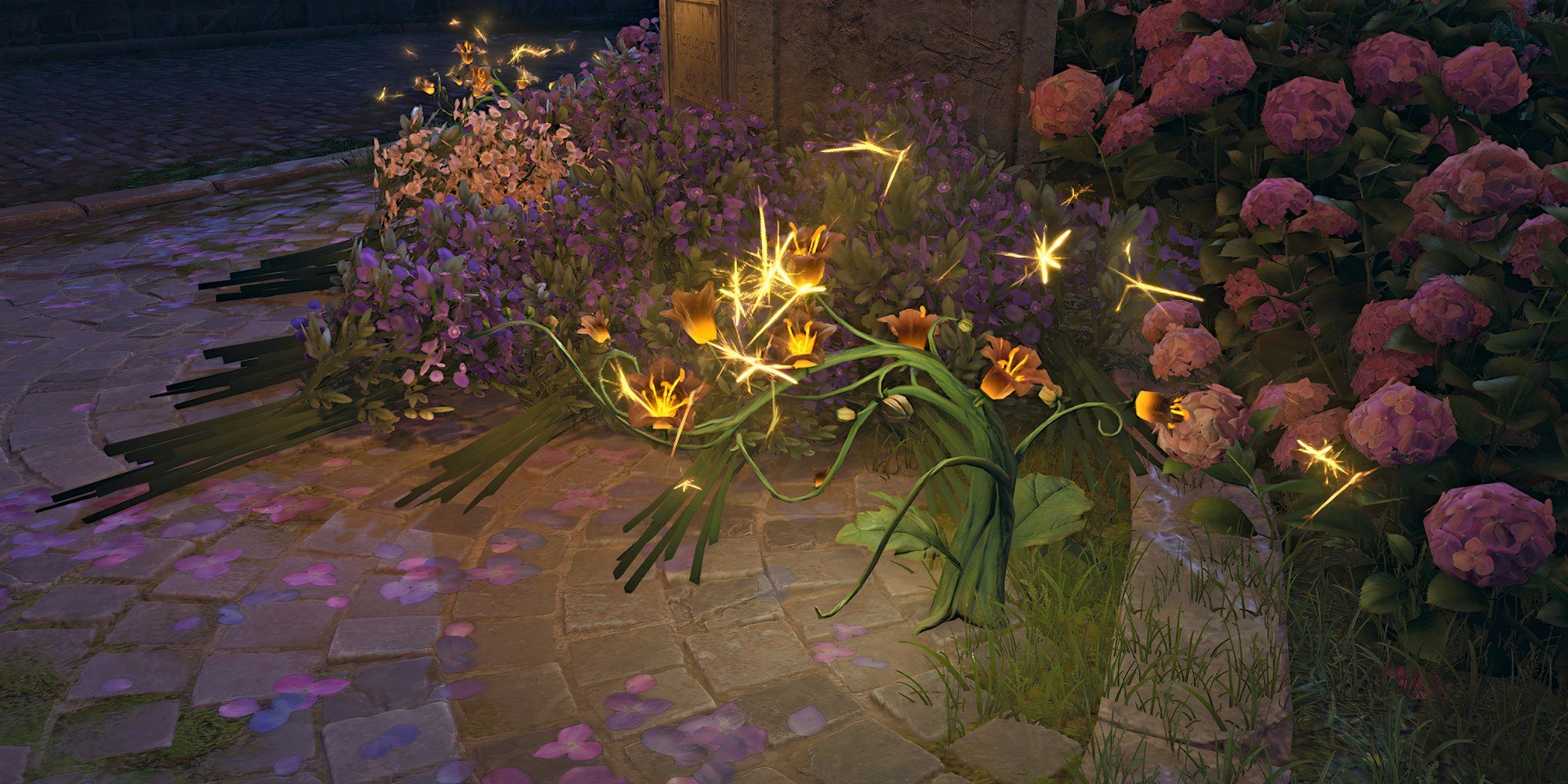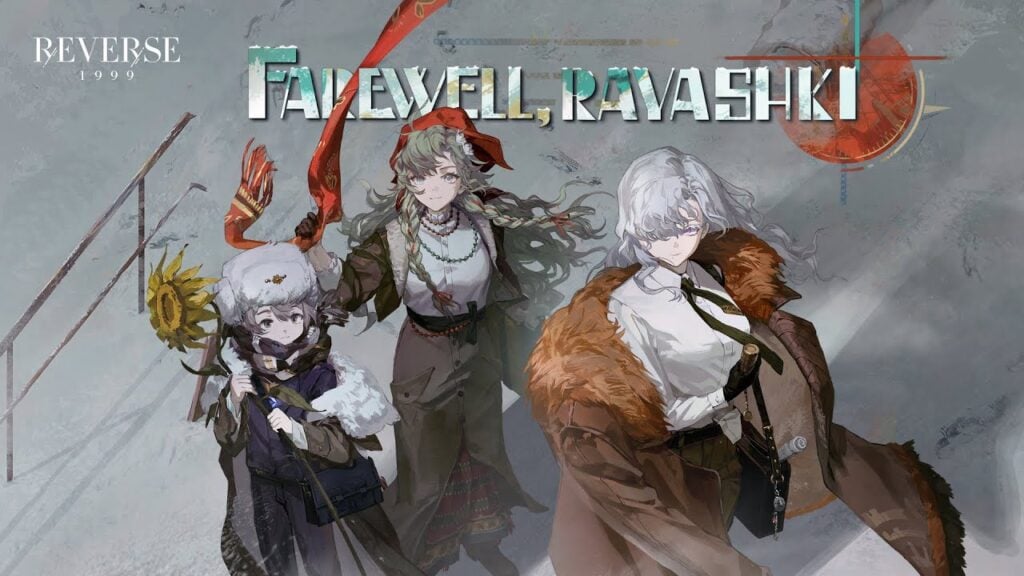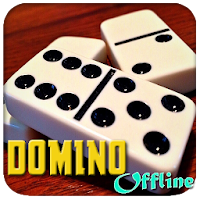Doom has always shared a symbiotic relationship with metal music, a connection so strong that even a brief exposure to its soundtrack or iconic demonic imagery instantly reveals this bond. The series is known for its relentless display of flames, skulls, and devilish creatures, reminiscent of what you might see on an Iron Maiden stage. As Doom has evolved over its 30-year history, its soundtrack has mirrored the game's gameplay, both continuously reinventing themselves. From the thrash metal roots of the original game, Doom has ventured through various metal sub-genres, culminating in the modern metalcore influences seen in Doom: The Dark Ages.
The original Doom, released in 1993, drew inspiration from the dominant metal bands of the late '80s and early '90s. Co-creator John Romero has cited influences like Pantera and Alice in Chains, which is evident in tracks like "Untitled" from the E3M1: Hell Keep level, which features a riff strikingly similar to Pantera's "Mouth of War." The game's score embraced the thrash subgenre, capturing the essence of bands like Metallica and Anthrax, propelling players through Mars' corridors with a soundtrack as timeless as the game itself.
Doom: The Dark Ages - Gameplay Screenshots
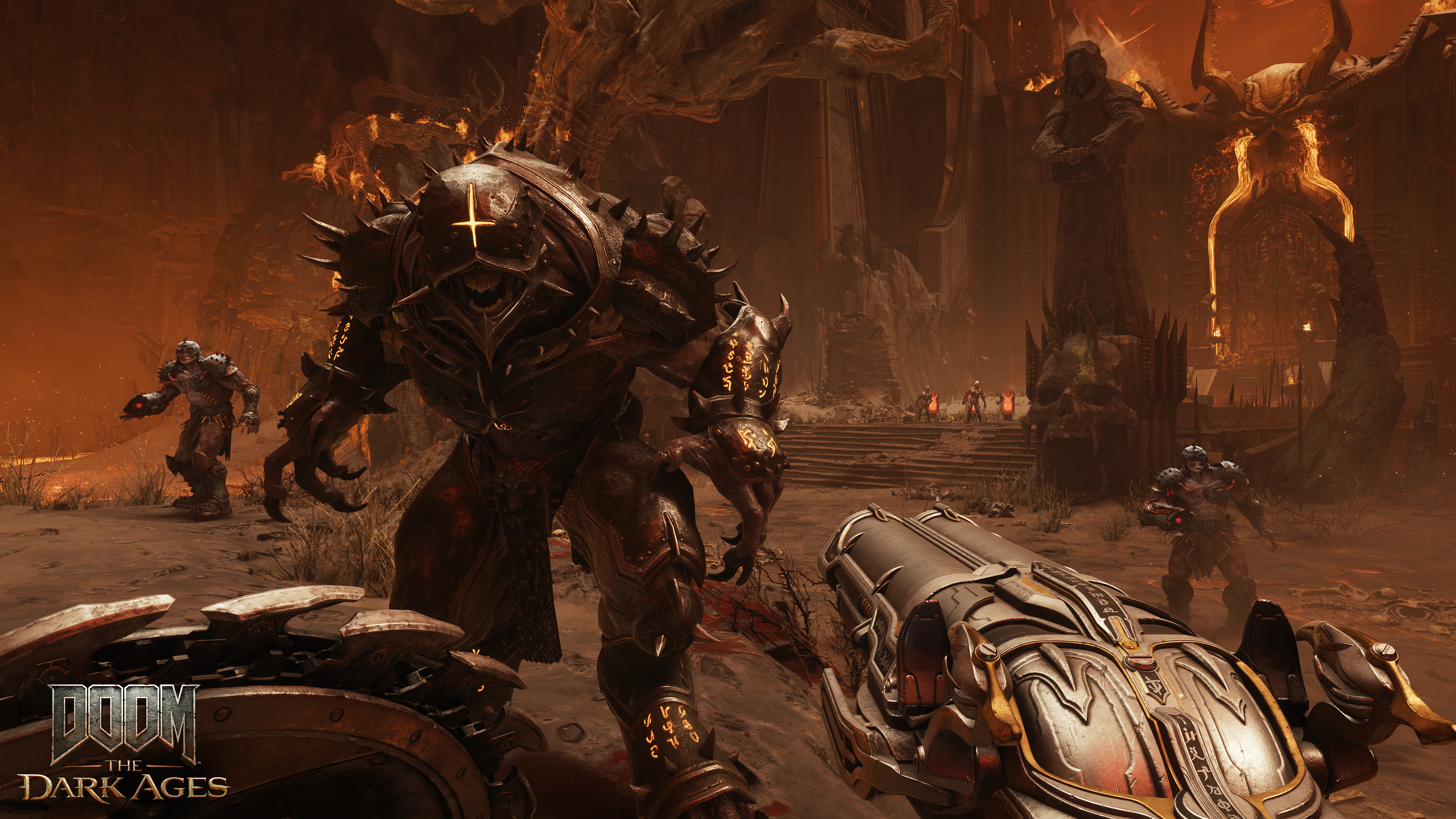
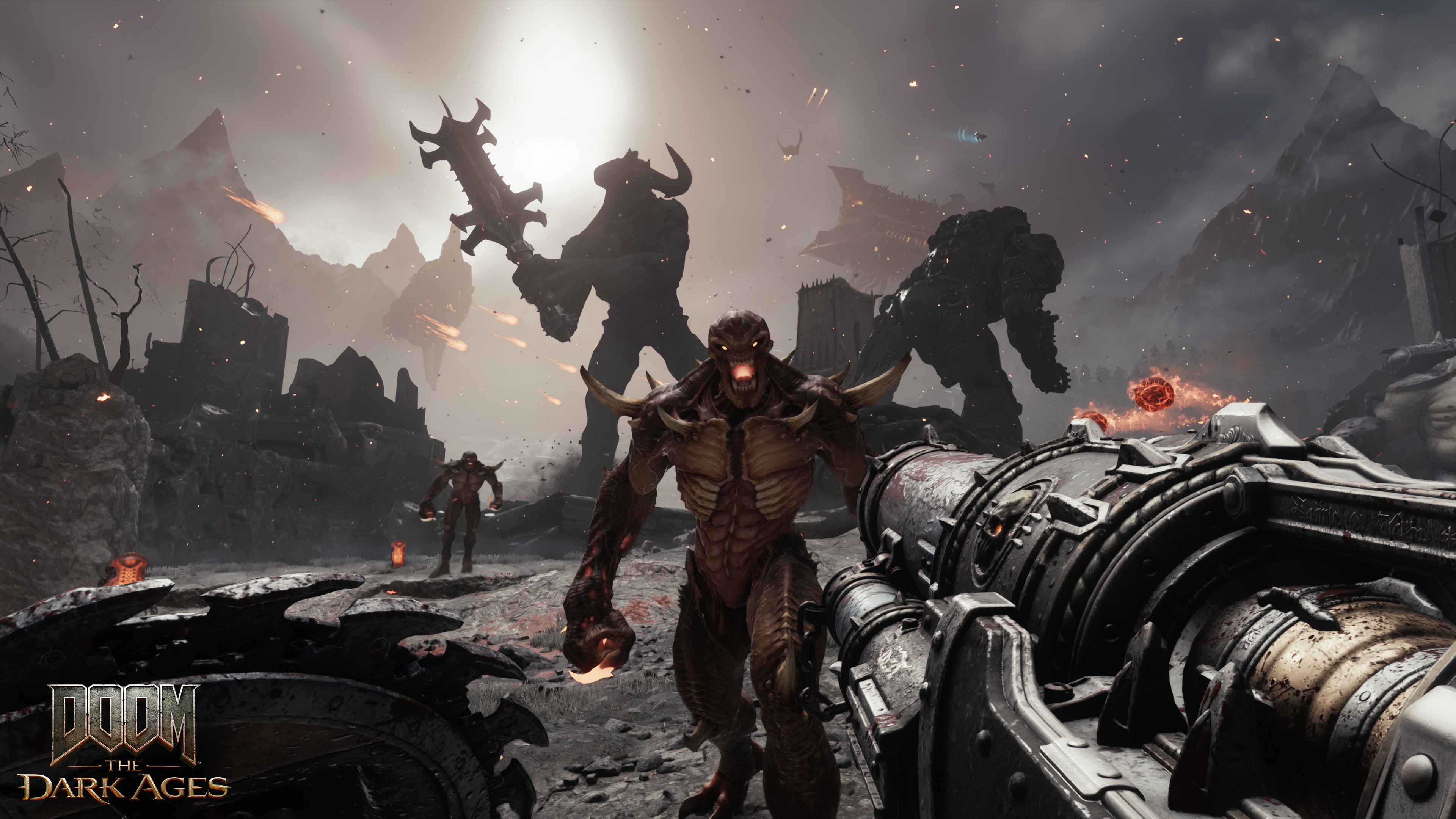 6 Images
6 Images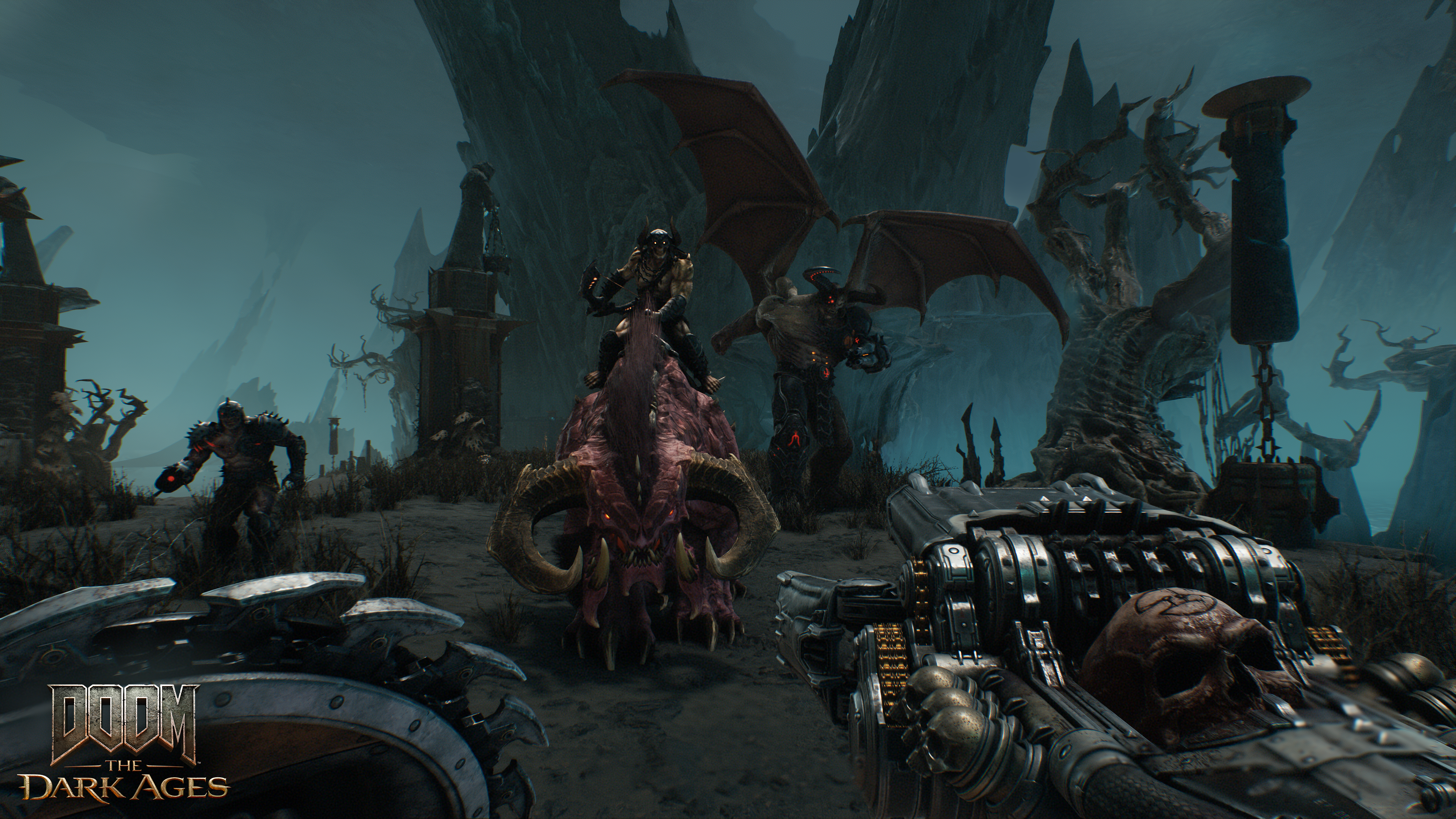
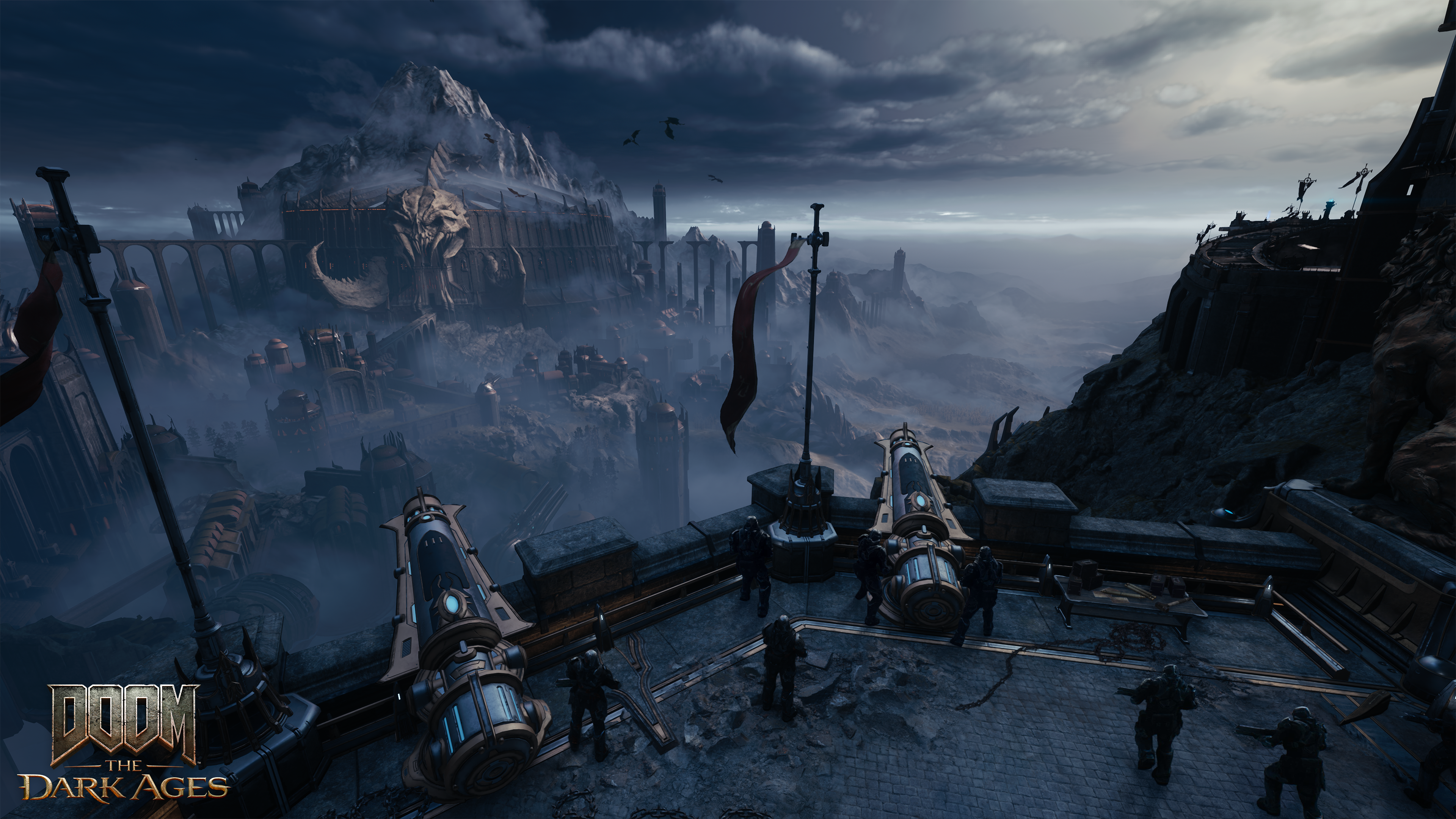
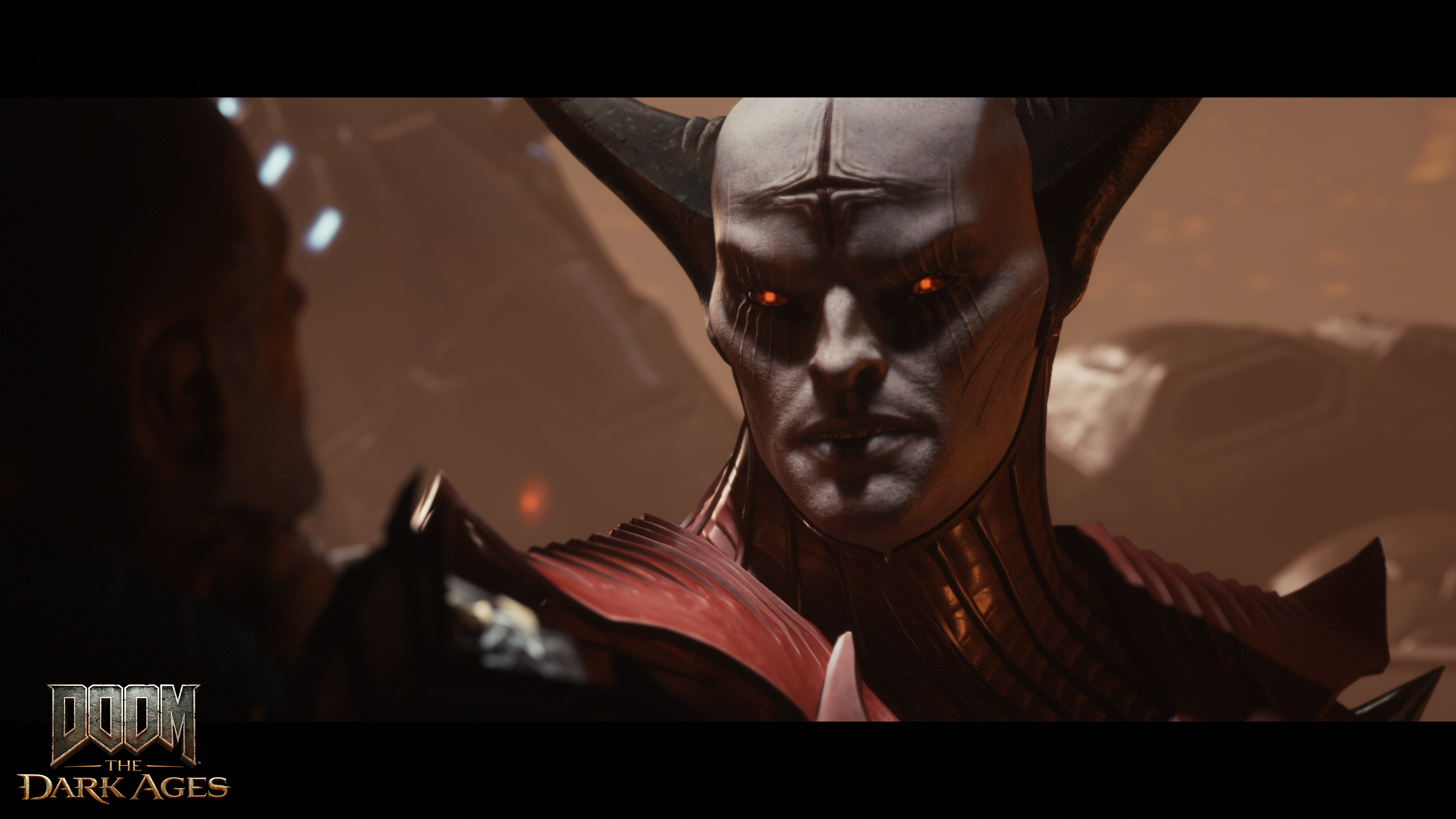
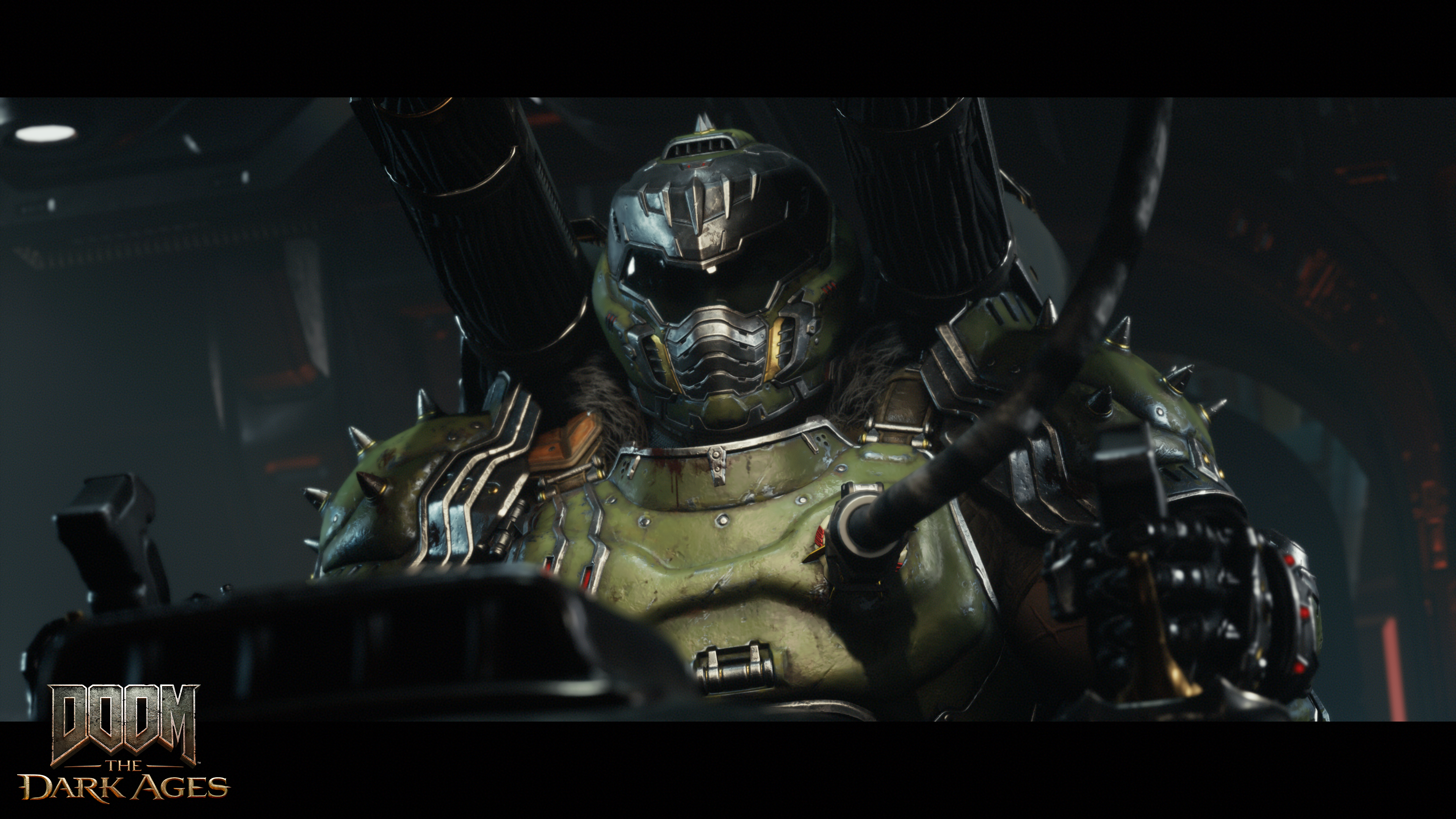
For over a decade, Doom continued to harmonize its rapid-fire gameplay with a similarly energetic soundtrack. However, the release of Doom 3 in 2004 marked a significant shift. This game embraced a slower, more deliberate pace inspired by survival horror, necessitating a new sound. While Trent Reznor was initially approached to design the sound, it was Chris Vrenna and Clint Walsh who ultimately composed the score, drawing inspiration from Tool's "Lateralus." Doom 3's main theme, with its complex time signatures, perfectly complemented the game's eerie atmosphere.
Despite its commercial success, Doom 3's deviation into survival horror was seen as an anomaly in the series. This period coincided with a broader evolution in FPS games, influenced by titles like Call of Duty and Halo. Similarly, the metal scene was navigating its own changes, with the nu-metal era giving way to new sounds. Doom 3's experimental approach to both gameplay and music was a bold move, aligning with the industry's shift toward more varied experiences.
After a period of development challenges, Doom returned in 2016 with a reinvention that resonated deeply with fans. The game's score, composed by Mick Gordon, featured layers of sub-bass and white noise, creating a visceral experience that matched the game's intense gameplay. Doom 2016's soundtrack was a celebration of the djent subgenre, propelling the game to new heights and earning it a place among the most celebrated video game scores.
The sequel, Doom Eternal, saw Gordon return, though the process was fraught with complications. The resulting soundtrack leaned into the metalcore genre, reflecting the game's more modern and experimental design. Elements of Gordon's work with bands like Bring Me the Horizon and Architects can be heard, adding electronic splashes and crushing breakdowns that complemented Doom Eternal's platforming and puzzle elements.
Personally, Doom 2016 remains my favorite in the series, much like my preference for the rawer metal albums of 2016 over the more refined works that followed. Doom Eternal, while excellent, doesn't quite capture the same essence for me, though many fans hold it in higher regard.
Doom: The Dark Ages introduces new combat dynamics, suggesting a need for a fitting soundtrack. The snippets we've heard from new composers Finishing Move hint at a blend of past and present metal influences, aligning with the game's refreshed gameplay. The Dark Ages slows down the pace from Eternal, introducing a Captain America-like shield and larger-than-life elements like mechs and dragons, echoing the original Doom's corridor-based combat but on a grander scale.
The soundtrack for The Dark Ages needs to be as versatile as its gameplay, capable of delivering heavy, impactful moments as well as lighter, more agile sections. Influences from bands like Knocked Loose can be heard, blending seismic breakdowns with thrash-like elements reminiscent of the original Doom. As Doom continues to evolve, it draws not only from its own history but also from broader influences in gaming and music, promising an exciting future for fans of both.

 Latest Downloads
Latest Downloads
 Downlaod
Downlaod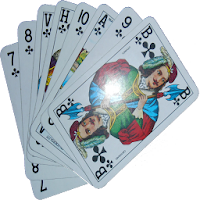
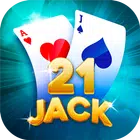

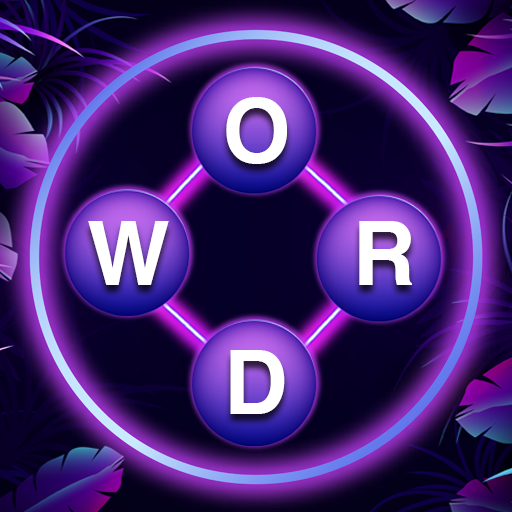

 Top News
Top News

